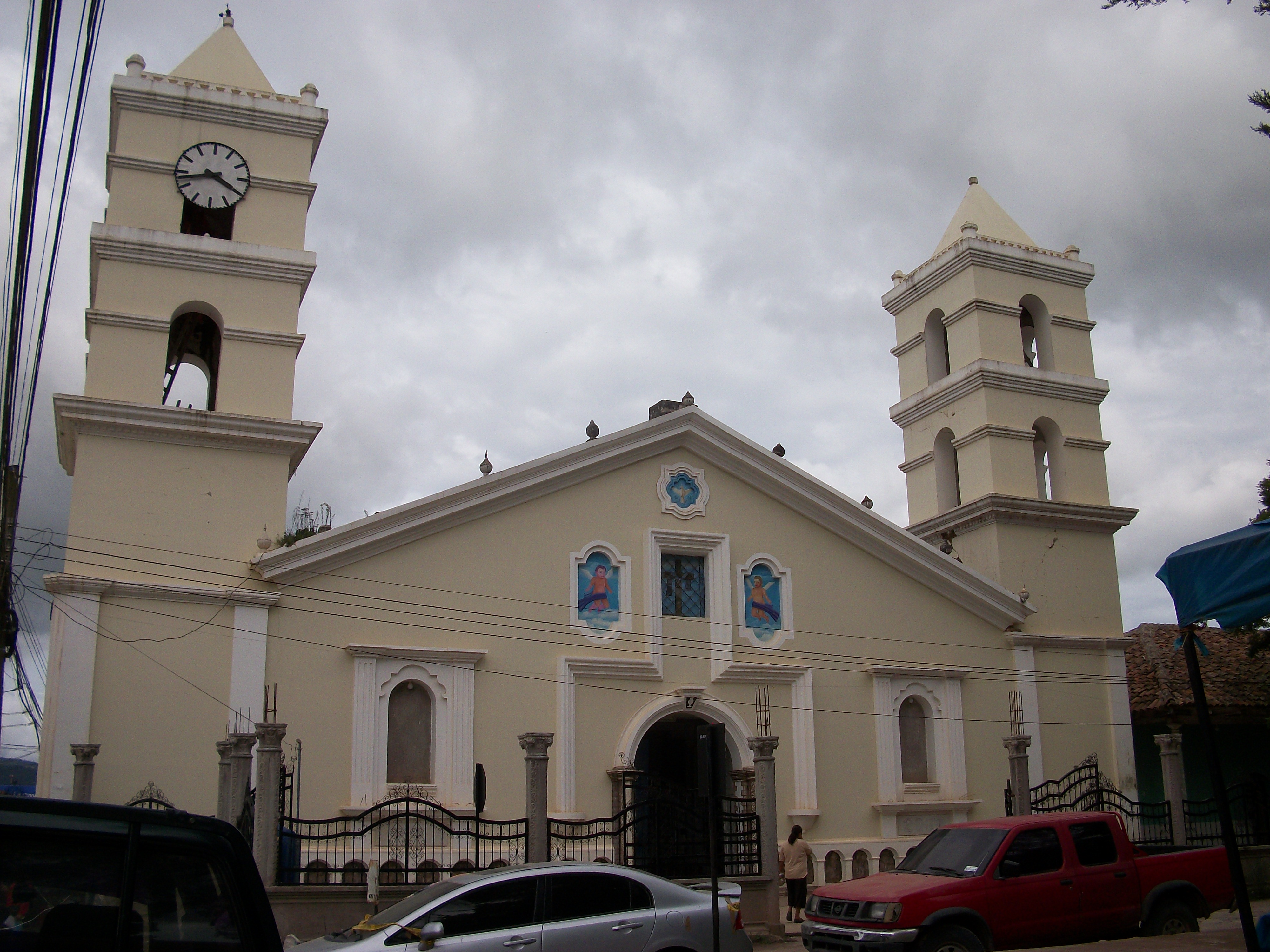
Joseph T. Elridge
Abstract: In a country plagued by poverty, instability and social problems, the rise of the Pentecostal church has been unprecedented in Honduras. Though historically dominated by the Roman Catholic church, Honduras has seen Pentecostalism grow at exponential rates, leaving some to believe the country will be majority Pentecostal in forthcoming years. In response to this growth, concerns about the resulting social change have been raised. This piece examines the potential reasons for the growth of Pentecostalism in Honduras and its implications for social change. By examining the structural weaknesses of the Catholic Church, the article points to the “liberation theology” provided by the Pentecostal Church as an escape from the conditions experienced by the people of Honduras. The author points to numerous additional theories for the rapid growth of the church, such as anti-communist CIA operations, hostilities towards a Catholic Church that has failed to provide for the poor, migration and the need for a “family,” and international aid in the form of missions. After acknowledging a combination of these theories as an explanation for the attraction of the church, the author ultimately credits the theology of the Pentecostal Church in offering a “second baptism”—forgiveness and renewed life for its members—as the underlying cause of church’s growth. In the midst of the despair in which these people are surrounded, the draw of starting over and identifying with something bigger and deeper than the material world, paired with this newfound community and identity explains the growth of the church.
Keywords: Pentecostalism, Church, Growth, Catholicism, Honduras, Social Change


